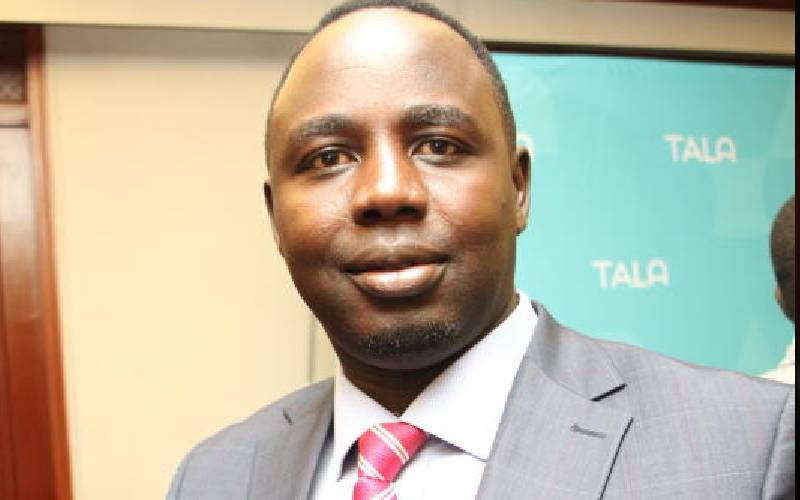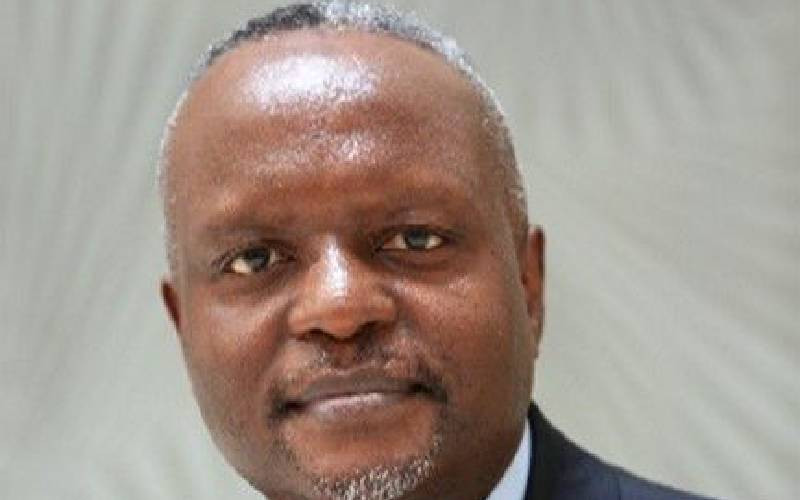
American intelligence officials on Friday blamed Russia for a fake video of a Haitian immigrant claiming to have voted multiple times, the latest in a series of disinformation campaigns in the final stretch of the US election.
The United States is on heightened alert for a potential flood of falsehoods from Kremlin-aligned actors in the closing days of a polarizing race between Republican nominee Donald Trump and Democratic Vice President Kamala Harris.
Georgia Secretary of State Brad Raffensperger, the top election official in the swing state, said a video of a Haitian immigrant claiming to have cast multiple ballots for Harris was an example of "targeted disinformation."
The 20-second clip features a man saying in a stilted, robotic delivery: "We are from Haiti. We came to America six months ago, and we already have our American citizenship -- we're voting Kamala Harris."
Raffensperger said the "obviously fake" video was likely a production of "Russian troll farms," while American intelligence officials directly blamed "Russian influence actors."
In a joint statement, the Office of the Director of National Intelligence, the FBI and the Cybersecurity and Infrastructure Security Agency said the Russian activity was part of "Moscow's broader effort to raise unfounded questions about the integrity of the US election and stoke divisions among Americans."
Disinformation researchers have already highlighted a multipronged effort to sow chaos and sway voters ahead of the November 5 election -- from pro-Russian bot accounts on the platform X to pro-Kremlin sites masquerading as "news" outlets and influencers allegedly on Moscow's payroll.
Darren Linvill, a disinformation expert at Clemson University, said the latest video bore the hallmarks of the Russian propaganda network Storm-1516.
"They were very careful in how they filmed it not to give anything away" to digital sleuths, said Linvill, who has closely studied the group.
"Importantly, they also use what are likely West African actors, frequently recruited from the Saint Petersburg area," he told AFP.
'Sleeper agents'
Researchers say Storm-1516 has previously produced fake videos to discredit the Harris campaign, including with an unfounded claim of sexual assault against her running mate Tim Walz.
Last week, the group was linked to a viral video falsely showing mail-in ballots for Trump being destroyed in the swing state of Pennsylvania.
Stay informed. Subscribe to our newsletter
The Microsoft Threat Analysis Center warned last month that Russian operatives were ramping up efforts to disseminate conspiracy-laden videos to malign Harris's campaign.
Other efforts to sow falsehoods include hundreds of pro-Kremlin sites disguised as American "news" outlets that are fueling an explosion of polarizing or false election narratives.
In September, the Justice Department accused two employees of the Russian state-sponsored RT news outlet of funneling some $10 million through a network of shell companies to American social media influencers who are among Trump's prominent online cheerleaders.
Conservative influencers such as Benny Johnson and Tim Pool, each with a large following across tech platforms, acknowledged that they were part of the scheme but denied knowing the source of the funding.
Earlier this month, the American Sunlight Project, a Washington-based disinformation research group, said hundreds of apparent pro-Russian bot accounts on X were pushing election misinformation and amplifying false narratives about Harris.
The group called the accounts "sleeper agents" for having evaded detection for years.







